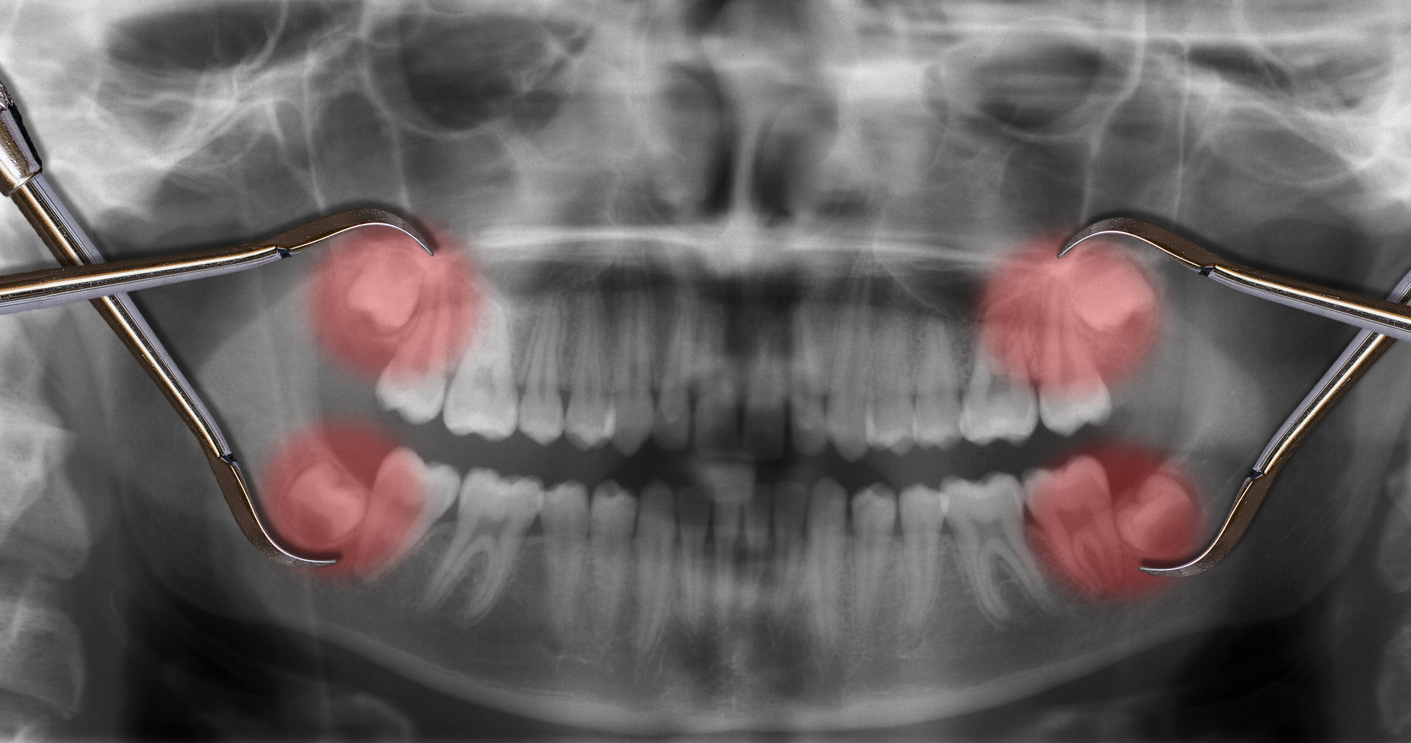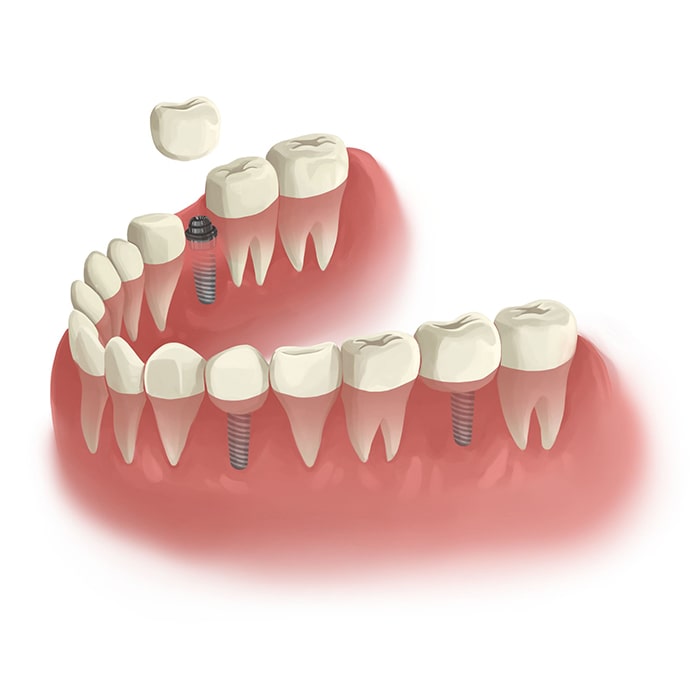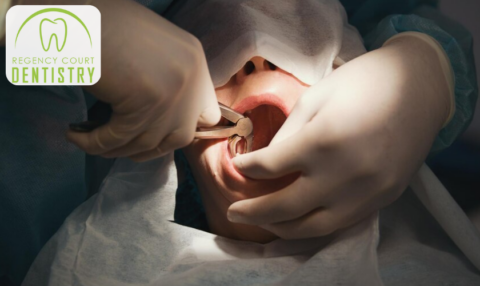Exploring Various Sedation Options for a Comfy Knowledge Pearly Whites Removal Experience
The usage of sedation during such procedures has actually ended up being increasingly typical to alleviate anxiousness and pain. With a variety of sedation options available, from regional anesthetic to basic anesthesia, each approach offers varying degrees of relaxation and discomfort control.
Local Anesthesia
Local anesthesia is a generally used approach for numbing specific locations of the mouth during wisdom teeth extraction procedures. By providing a neighborhood anesthetic, such as lidocaine, a dental professional can guarantee that the client stays comfy and pain-free throughout the extraction procedure.
One of the primary benefits of local anesthesia is its targeted numbing impact, which means that just the particular area being treated is influenced. This local method decreases the danger of systemic side results and allows for a quicker recovery post-procedure. Furthermore, neighborhood anesthetic is thought about to be a routine and safe technique in dental care, with minimal threats involved when administered by a trained specialist.
Laughing Gas
Laughing gas, frequently called giggling gas, is a kind of sedation frequently utilized in dentistry to aid clients unwind during oral treatments. It is a effective and safe approach that involves inhaling a combination of nitrous oxide and oxygen via a mask positioned over the nose. One of the essential benefits of laughing gas is its fast beginning of action, typically within minutes, offering practically instant leisure for the patient. This sedation choice enables the patient to continue to be conscious and receptive throughout the treatment while feeling at ease and comfortable.
Once the mask is gotten rid of, the results of the gas wear off rapidly, permitting clients to resume their regular tasks without remaining sedative impacts. Nitrous oxide is suitable for clients of all ages, making it a versatile sedation option for knowledge teeth extractions and various other dental treatments.
Oral Sedation
Dental sedation, a pharmacological technique utilized in dentistry, includes the management of sedative medications by mouth to induce an unwinded state during oral treatments. The medicines prescribed for oral sedation belong to a course of medicines called benzodiazepines, which have sedative, anxiolytic, and amnesic properties.
Unlike intravenous sedation, oral sedation does not need shots or needles, making it a much more comfy choice for people with a worry of needles. In addition, dental sedation is thought about reliable and safe when administered by qualified dental professionals.
IV Sedation
Provided intravenously by skilled physician, IV sedation is an effective approach used to cause a regulated state of deep relaxation and unconsciousness during dental procedures. Unlike dental sedation, which can be unforeseeable in its effects, IV sedation enables exact control over the level of sedation, making it a perfect selection for complicated treatments like wisdom teeth removals.
During IV sedation, a sedative medicine is supplied directly into the bloodstream with a blood vessel, permitting it to work promptly and successfully. This technique guarantees that the person stays comfortable and uninformed of the procedure while still keeping important features such as breathing and heart price.
Among the main benefits of IV sedation is its capability to give a deeper level of sedation contrasted to other approaches, making it especially appropriate for people with high levels of anxiety or those undergoing extensive dental work (wisdom teeth removal aspendale). Furthermore, the impacts of IV sedation usually diminish progressively after the procedure, decreasing the possibility check over here of grogginess or lingering negative effects. Generally, IV sedation offers a efficient and risk-free alternative for ensuring a comfortable and worry-free experience during knowledge teeth extraction

General Anesthesia
Having talked about the benefits of IV sedation for wisdom teeth removal, the application of general anesthetic gives an alternative option for people requiring a deeper level of unconsciousness during oral procedures. General anesthesia causes a controlled state of unfamiliarity, making sure the patient really feels no discomfort or pain during the extraction procedure. This method is particularly helpful for people with severe oral anxiety, facility medical demands, or those going through multiple extractions all at once.
General anesthesia is carried out by an experienced anesthesiologist who very closely keeps an eye on the person's vital indications throughout the procedure. It involves using intravenous medications or inhaled gases to generate a state of unfamiliarity. While under basic anesthetic, the client will certainly not recognize the surgical treatment, experience any type of discomfort, or have any type of recollection of the procedure afterward.
Although basic anesthetic is risk-free when carried out by qualified experts, it carries a somewhat greater danger compared to various other sedation options - wisdom teeth removal aspendale. Clients considering basic anesthesia for knowledge teeth removal ought to discuss the prospective risks and benefits with their dental professional or dental specialist to make an informed continue reading this decision based on their private requirements and case history

Final Thought
To conclude, various sedation choices are available to guarantee a comfortable knowledge teeth extraction experience. Regional anesthesia is generally used for numbing the particular location, while nitrous oxide supplies relaxation and pain relief. Dental sedation and IV sedation offer deeper levels of leisure, depending upon the client's requirements. General anesthesia can be used for more complicated cases. It is essential to talk to your dental professional or dental surgeon to identify the most appropriate sedation choice for your treatment.
Nitrous oxide is suitable for people of all ages, making it a flexible sedation alternative for wisdom teeth removals and other oral treatments.
